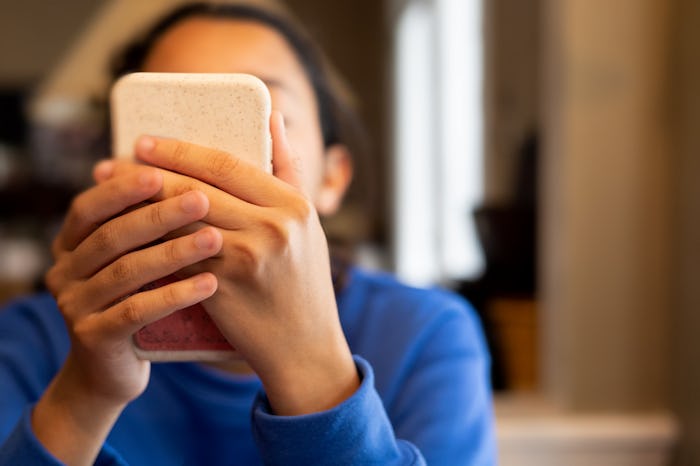News

13 Is "Too Early" For Kids To Be On Social Media, Surgeon General Cautions
The “often distorted environment of social media often does a disservice to many of those children.”
U.S. Surgeon General Vivek Murthy wants kids to stay off social media platforms until they’re 17 or 18 to protect them from potential mental harm. He also called for safety standards to be implemented during an interview with CNN, noting that many of the products we use require safety standards to be met, while social media platforms like Twitter, TikTok, and Instagram remain largely unchecked.
“I, personally, based on the data I’ve seen, believe that 13 is too early,” Murthy told CNN’s Newsroom. “It’s a time where it’s really important for us to be thoughtful about what’s going into how they think about their own self-worth and their relationships and the skewed and often distorted environment of social media often does a disservice to many of those children.”
Social media platforms have almost uniformly set the age limit for use at 13 years old, and he believes this is simply too young to be able to navigate with any sort of autonomy. “These rules around age are inconsistently implemented. We have some of the best designers and product developers in the world who have designed these products to make sure people are maximizing the amount of time they’re spend on these platforms. And if we tell a child ‘use the force of your willpower to control how much time you’re spending..,’ you’re pitting a child against the world’s greatest product designers. And that’s just not a fair fight.”
Scientists have been sounding the alarm about a mental health crisis among teens due to increased social media usage, particularly during the pandemic. Former Facebook scientist and whistleblower Frances Haugen told Romper that social media is a “public health emergency” for teenagers, and much as Murthy noted, the fault does not lie with children or their parents. “This is not a problem with your child. This is a problem with product design.”
A recent study published in JAMA Pediatrics found that frequently checking social media altered brain development in teens, while a federal lawsuit was filed by the Seattle public school system against social media platforms for being addictive by design and “exploiting the vulnerable brains of youth.”
To that end, Murthy and other experts are calling for safety standards to be implemented on social media. “We need transparency from social media companies as to the impact that their platforms are having on kids and which kids are being adversely affected. We also need safety standards, which we don’t have. In my house, the vast majority of products that we buy had to meet some sort of safety standard. That is not true, in general, of social media. And that is something we have to fix.”
Murthy went on to point out that parents and caregivers can come together to demand safer online spaces for kids. Certainly it has happened before. “When we had dangerous vehicles on the road, we passed laws to make those vehicles less dangerous. We should make decisions to make [social media] a healthier experience that would make kids feel better about themselves and less alone.”